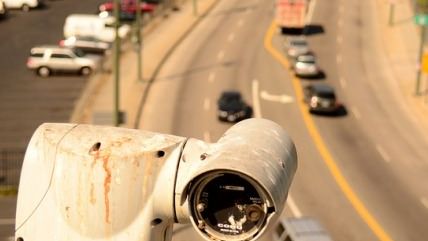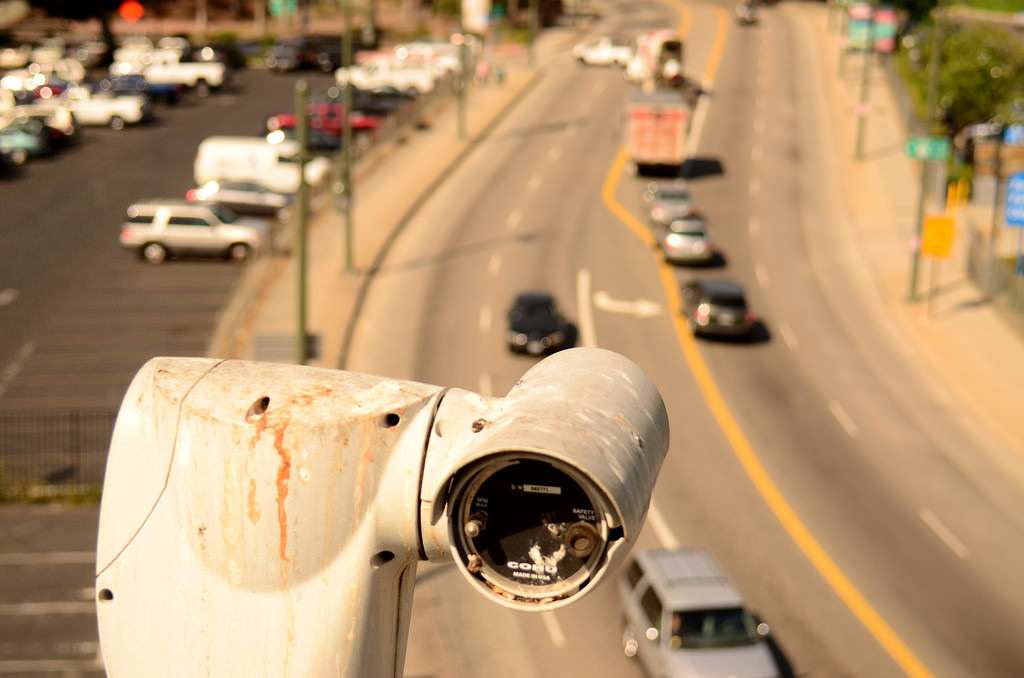Your Driving History is Public, Unless You Want a Copy


From the moment they were reported, the Edward Snowden leaks captured the public's attention and raised the specter of mass surveillance. That surveillance is not just being carried about by large clandestine intelligence organizations like the National Security Agency (NSA), either. Following the lead of their federal counterparts, local police departments are now getting in on the action.
One example is Monroe County, New York, where police are using high-speed cameras to monitor and record the whereabouts of vehicles. The scale of this surveillance is reminiscent of the NSA's "collect it all" motto. From The Intercept:
As of July, the County's database contained 3.7 million records, with the capability to add thousands more each day.
Monroe County justified its warrantless surveillance by claiming that people have no expectation of privacy when they drive in public. This is despite a 2012 Supreme Court ruling in which the majority held that individuals do have an expectation of privacy when it comes to their long-term whereabouts, even when driving in public.
But no need to worry—Monroe County is committed to protecting your privacy. At least that's what it claimed when the Democrat & Chronicle filed a freedom of information law (FOIL) request for the records on seven of its journalists. Again from The Intercept:
The request was denied on the basis that releasing the data could be an invasion of personal privacy or could interfere with a law enforcement investigation.
Even putting aside the unlikely possibility that all seven journalists are subjects in ongoing criminal investigations, this justification makes little sense. How can Monroe County police claim that no expectation of privacy exists when they conduct surveillance, and then claim that it would be a violation of privacy for people to access the records of their own whereabouts?
If Monroe County actually respects residents' privacy, it should end warrantless surveillance and cease violating people's Fourth Amendment rights. Failing that, it could at least mandate that whoever handles the county's FOIL requests undergo some training in basic logic.


Show Comments (9)